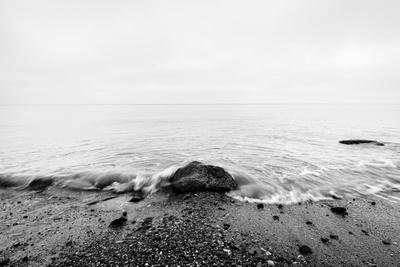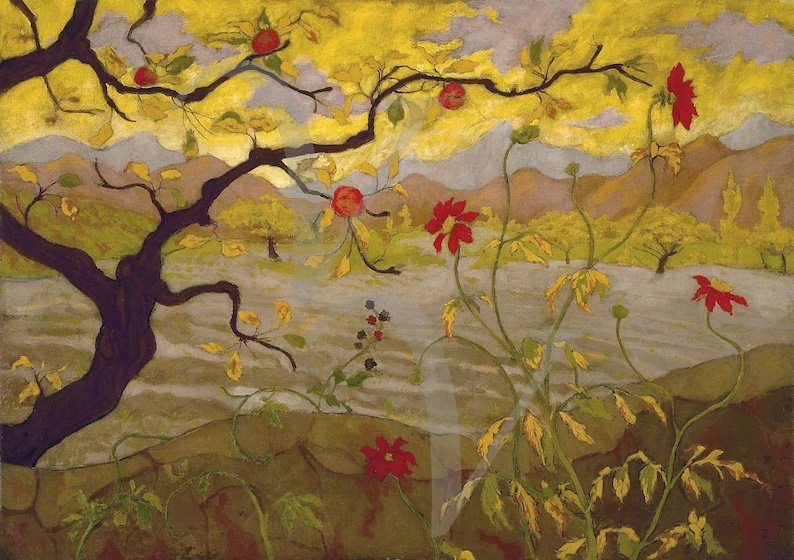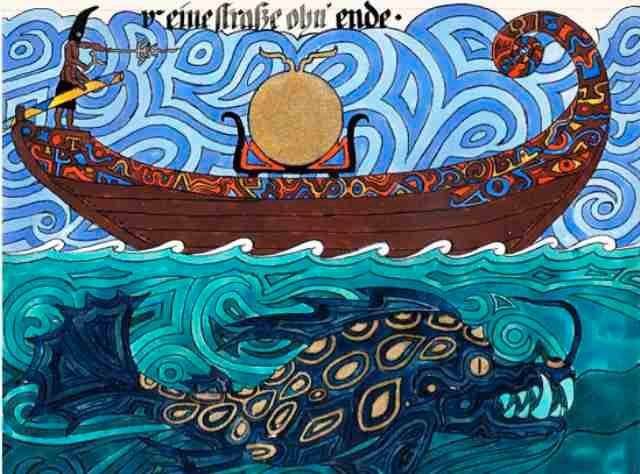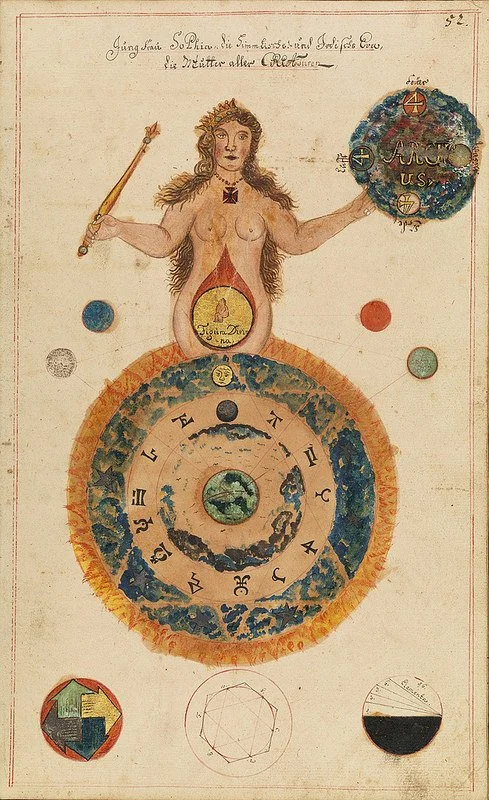“You are not a drop in the ocean. You are the ocean in a drop.” ~ Rumi
Jungian Psychology and dreams
Carl G. Jung laid the foundation for what is now called Jungian psychology. His theory encompasses terms such as shadow, archetypes and the collective unconscious. Jung’s theory on both the structure of the psyche and the nature of psychological complexes is based on extensive scientific and empirical research.
While working with Freud, Jung found dreams to hold very accurate symbolic messages relating to the psychological complexes that keep us bound, and their nature as a guiding language to our deepest essence or soul. Jung established a way of working with these symbols in our dreams and understanding its messages by seeing it reflected in mythological motives.
‘therapeutae’
The term Therapeutae (plural) is Latin, from Philo's Greek plural Therapeutai (Θεραπευταί). The term therapeutes means one who is attendant to the gods[3] although the term, and the related adjective therapeutikos[4] carry in later texts the meaning of attending to heal, or treating in a spiritual or medical sense. Wikipedia
When working on both the conscious and unconscious level, tending to the images and narratives of our unconscious, a bridge is built that strengthens the relationship and understanding of our inner world, our place within the larger collective and its underlying influences. We root more firmly into our own narrative, from which we can make more conscious decisions in daily life.
The process of Jungian psychoanalysis
We work on both the level of the dream and with the problems we encounter on a daily basis. The feelings and images surface as threads that we follow to the core of our behavioural patterns we experience as restrictive, and to those we do not even realize are restrictive. We follow these threads down into the depth of psyche - they lead in a regressive and progressive manner, pointing both to its origin and where the energy wants to go.
In our work, we include soma (body) as a central aspect of the therapeutic approach. We will also work with voice dialogue, active imagination, art therapy and of course, dreams.
‘The great decisions in human life usually have far more to do with the instincts and other mysterious unconscious factors than with conscious will and well-meaning reasonableness. The shoe that fits one person pinches another; there is no universal recipe for living. Each of us carries their own life-form within - an irrational form which no other can outbid.’
CG Jung, The Practice of Psychotherapy
Working with me
Due to my background in neuroscience and ecology, and subsequent studies in the mythopoetic, shamanism and Sufi mysticism, I pay attention to both the clinical and esoteric elements in therapy. Where relevant, I will supplement conversations with psycho-education and refer to both readings and other therapeutic treatments that can support the process.
I also work from the fundamental concept of ecopsychology, in which the collective encompasses all life and 'experience' is embedded as a relationship within this inextricable ecology.
For Whom?
I work with individuals and young adults experiencing a variety of symptoms that can include exhaustion, feelings of powerlessness, emptiness, anxiety and fear disorders, (early) childhood trauma, issues around identity, stress, burn-out, eating disorders, (postnatal) depression and trauma. I also work with people going through or entering life transitions.
I specialize in the feminine psyche (in both men and women), which explores and reclaims the integration of body and soul. You can also approach me about issues surrounding the transitional phase during pregnancy, parenthood and (peri)menopause.
Fee & Location
I work according to industry standard tarifs.
50 min sessions, 85,- excl VAT private // 50 min sessions, 120,- excl VAT corporate. This includes all administration.
I hold private practice in Vorden, and every other Friday in Amsterdam. For long distance, I also provide session online via zoom.







